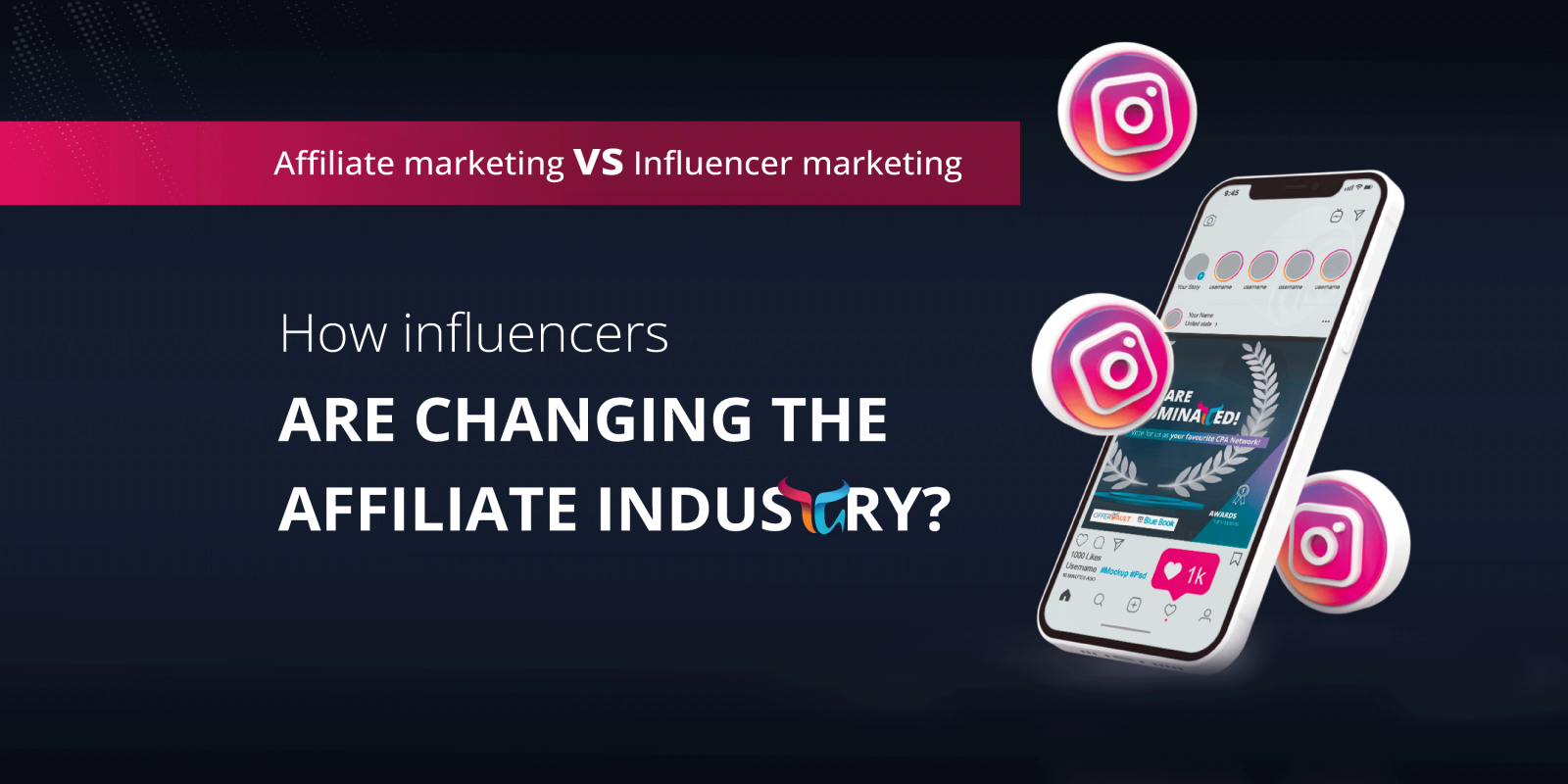Contents
Today’s overview
Several studies and search marketing statistics have already predicted significant growth in the use of influencer marketing over the past few years. However, the percentage of growth has increased even more as a result of Covid-19 which drove the changes and evolution of new consumer shopping habits.
Consumers spend a large portion of their time online engaging with influencers for different reasons: entertainment, lifestyle recommendations, product reviews, product demonstrations, etc. It has been discovered that influencers’ content has a big impact on purchasing decisions and enhances brand sales. Consequently, social commerce has grown exponentially, and the number of social commerce buyers is expected to grow by 2023.
What is influencer marketing?
At this point, we can define influencer marketing as a type of marketing strategy in which a marketer content creator, also known as an influencer, promotes a brand or product to a specific audience. Influencer marketing is closely related to social media as most influencers promote the products through their social profiles.
So it is no wonder that brands are increasingly using influencer marketing due to the multitude of benefits that include brand awareness growth, qualified lead generation and high levels of cost-effective marketing.
Affiliate marketing vs Influencer marketing
Affiliate marketing is a marketing method where affiliates earn a commission by running ad campaigns to promote their products or services from another brand. This marketing technique is based on performance results and the affiliates will earn a percentage of the earnings for each sale or action they reach.
In addition, affiliates can promote the products using various practices such as reviews/ comparison sites, recommendations, social media, etc. Altogether these are methods where affiliates are not shown as part of the brand. To the end-user, it appears as though the affiliate offer is from the promoted brand.
On the other hand, influencers promote the brand as a satisfied buyer using various methods such as demonstrations, walkthroughs, tutorials, how-to guides, product reviews and rankings. Thus, influencers play a different role compared to ‘anonymous’ affiliates, because they create user-centred content based on real experience and purchase opinions. This is the power of influencer marketing: full endorsement of a product by a satisfied user. By endorsing the brand or product, then consumers trust the influencer which compels consumers to buy the products. In fact, some reports confirm that influencer-generated content gets more engagement and outperforms commercial goals. Because end consumers are fans of the influencers because they follow them.
Influencer affiliate marketing
Although affiliate marketers and influencers promote the brand differently, there is room to include influencers in an affiliate program. Influencers can easily suit the affiliate program because they connect with their audience, just like you connect with friends and family and take their advice on product purchases. It is a virtual ‘word-of-mouth’ promotion.
Influencer marketing provides educational and valuable content rather than just posting a picture and promoting the purchase. Thus, influencers go one step further by creating natural, open and sincere connections making it an excellent opportunity to boost the brand’s engagement and sales.
Commercial approach of influencer marketing
The most important point to note is trust. Consumers need influencers to be transparent about the brands to gain their confidence and move through the sales funnel, from awareness to purchase. We are aware that sometimes influencers are not 100% sincere but, we also know that this can make them lose followers and prestige. Therefore, besides choosing the right social network for influencer marketing, it is also important to build a trustworthy community of followers.
According to Statista, Zara was the brand with the most mentions on Instagram in 2021. Second, third and fourth were Nike, Shein and PrettyLlittleThing respectively. Altogether, these brands are part of the fashion industry making Instagram a good place for this type of content. Nonetheless, Instagram is also a profitable channel for beauty brands as they promote their products through make-up & beauty tips, tutorials and daily routines. Because of these possibilities, Instagram reels and stories maximize performance results and user engagement.
On the other hand, TikTok is offering great potential by providing entertaining and inspirational ideas. Numerous brands can promote their products through funny content, current trends, and making challenges without it feeling like marketing. In this context, brands leverage the power of influencers to inspire the audience to take action or go to the brand’s site.
Similarly, with YouTube, the industries with high visibility are tech products, gaming, food and cooking, Amazon product reviews, beauty and fashion, in fact nearly every product vertical you can think of is reviewed on Youtube. People always search for reviews on Youtube, watching various review videos before buying a product. YouTube is a great place for influencer marketing as it tends to reach millions of viewers with high levels of engagement.
Conclusion
Influencer marketing will continue to grow. New features and tools have emerged recently which brought transcendent opportunities with them. Live shopping features, new formats for “Reels”, virtual reality and the metaverse are some of the innovative trends that show a bright future for e-commerce on social media. Perhaps this is the approach that influencer marketing will become: the transformation of the way people interact with social media. Likewise, affiliate marketing will play a new role by tapping into influencer content as a powerful tool to connect with audiences.







Leave a Reply